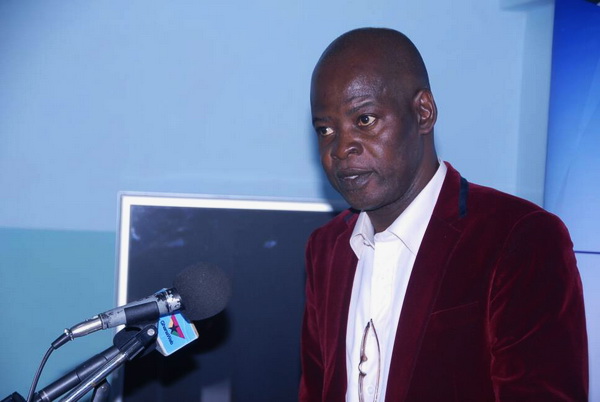
Petroleum projects non-existent; Revenue not used for intended purpose — PIAC
About half of the projects supposed to have been funded and executed with petroleum revenue do not exist, the Public Interest and Accountability Committee (PIAC) has said.
The PIAC, a multi-stakeholder body which monitors and tracks the use of the country’s oil and gas revenues, is also worried about the lack of involvement of communities and beneficiary institutions in the project selection and/or implementation, making tracking and demand for accountability difficult.
At a press conference in Accra on Tuesday, the Chairman of PIAC, Dr Steve Manteaw, said following the initial inspection of projects in the three regions of the north, PIAC wrote to the Ministry of Finance on August 4, 2016 for explanation on the non-existent projects.
“As we speak, the letter is yet to be acknowledged, let alone acted upon. We are, therefore, compelled to compile a list of these ‘ghost’ projects and refer them to the Auditor-General for further investigation,” he said.
He said should any wrongdoing be established, PIAC would ensure that the necessary prosecutorial processes were initiated by the appropriate authorities to deal with the issue and forestall recurrence.
First-hand information
Following the 2016 revelation, Dr Manteaw said PIAC decided to expand the scale of its inspections in 2017 and, therefore, inspected 40 projects being funded through the Annual Budget Funding Amount (ABFA) in the Ashanti, Eastern, Greater Accra and Volta regions.
The exercise, which he said was aimed at gathering and obtaining first-hand information on the quality and impact of projects funded with petroleum revenues, showed that there was non-involvement and lack of consultation of beneficiaries and metropolitan, municipal and district assemblies (MMDAs).
Citing the example of the Apedwa SDA Primary School in the East Akim municipality in the Eastern Region, he said the East Akim Municipal Assembly was unaware of the existence of an ABFA-funded project in the area.
Also at the Agogo Saviour D/A Primary School in the Asante Akim North municipality in the Ashanti Region, both the Asante Akim North Municipal Education Directorate and the assembly denied knowledge of the award processes of the project.
Recommendation
The PIAC, Dr Manteaw said, was, therefore, recommending that the selection of projects to be executed in the districts be aligned with the assemblies’ medium-term development plans to ensure the selection of priority projects.
Another source of worry, he said, was insufficient allocations to projects, adding that the committee was deeply concerned about the paltry sums allocated to some key projects which, according to him, did not contribute significantly to the total cost of those projects.
The committee had, therefore, recommended that the selection of projects be based on sufficiency and the availability of ABFA funds, he said, adding that selected projects should be fully funded with petroleum revenues from start to completion to ensure easy tracking of funds and reporting purposes.
Delayed projects
Again the committee, he said, was concerned about delays in the execution of projects, adding that that resulted in cost overruns.
He cited the example of the Anyinasu-Sekyeredumasi road in the Ashanti Region which delayed for three years (2011 to 2013) and was completed in 2016, attracting a cost overturn of more than GH¢28.86 million in fluctuation and variations.
The PIAC, according to Dr Manteaw, during its inspection in 2017, also identified that 50 per cent of school projects showed signs of deterioration, less than three years after completion.
He called for the relevant local assemblies, stakeholders and beneficiary communities to be actively involved in the selection, award, execution and monitoring of projects in their jurisdictions to promote inclusiveness and ownership.
Dr Manteaw said the PIAC acknowledged the government’s efforts to engage district planning officers in the monitoring and evaluation of ABFA-funded projects and programmes, saying it was the expectation of the committee that the exercise would help the Ministry of Finance provide updates on oil-funded projects in the country.
